BRAND: Bharat serums
SUBSTANCE: HCG
PACK: 1 vial of 10 000IU
Human gonadotropin is a glycoprotein, a drug obtained from the urine of pregnant women. It comes in the form of injections and is produced in many countries. Pregnil from Organon, Prophase from Serono, is intended for the treatment of undescended testicles in children at an early age, hypogonadism (reduced production of testosterone by the body) and infertility in women. Among athletes, HCG is used to stimulate the natural production of testosterone during or after the steroid cycle. If the cycle stops abruptly, especially when there is no endogenous androgen, this can cause a very rapid loss of newly acquired muscle mass. If HCG is used, this loss can be prevented. Counterfeiting is not widespread. Some athletes have noted unpleasant side effects when using counterfeits – fever and skin defects, from insufficient sterility of the drug, so be careful. The preparation is always packaged in two separate ampoules, one with powder and one with a sterile solvent. The contents of the ampoules are mixed before use and the mixture is frozen for further use.
Gonadotropin Effects
Chorionic gonadotropin
Stimulates the synthesis of sex hormones in the testicles, so it has the same spectrum of effects as testosterone.
Stimulates spermatogenesis.
Strengthens the development of genital organs and secondary sexual characteristics.
In women, it stimulates the production of progesterone by the yellow body, provokes ovulation, supports the development of the placenta.
Function
Human chorionic gonadotropin interacts with the luteinizing hormone receptor / chorionic gonadotropin and helps maintain the yellow body in early pregnancy. This allows the yellow body to produce progesterone during the first trimester of pregnancy. Progesterone enriches the uterus with a thick shell of blood vessels and capillaries so that it can withstand the growing fetus. Due to its highly negative charge, hCG can repel the cells of the mother’s immune system, protecting the fetus during the first trimester of pregnancy. It is also assumed that hCG can act as a placental connection for the development of local maternal immunological tolerance. For example, endometrial cells treated with hCG cause an increase in apoptosis in T cells (dissolution of T cells). These results show that hCG can be a link in the development of immune tolerance and can contribute to the invasion of trophoblasts, which, as is known, accelerates the development.

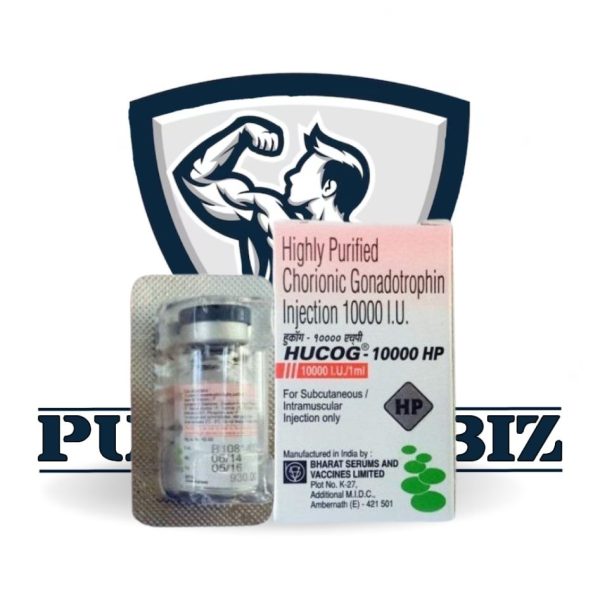
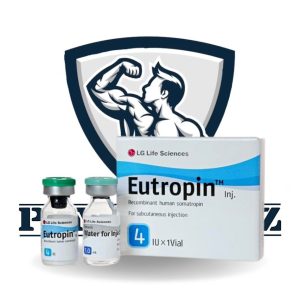
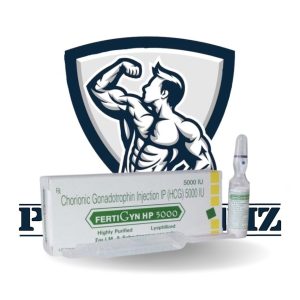
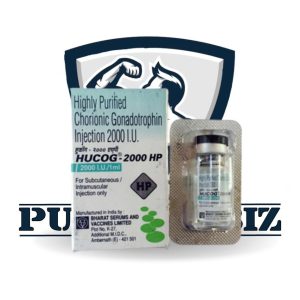
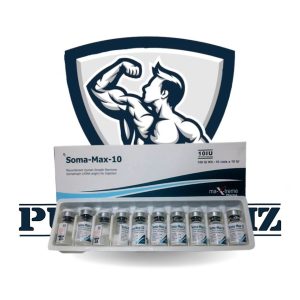
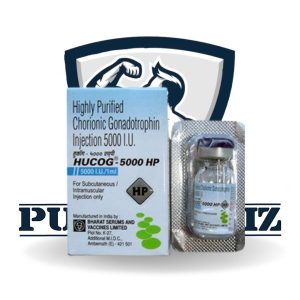
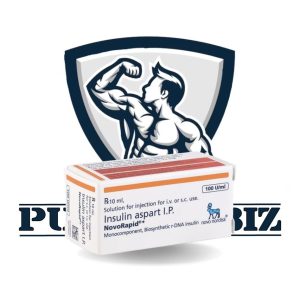
 Max-One Maxtreme
Max-One Maxtreme 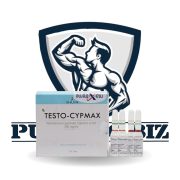 Testo-Cypmax Maxtreme
Testo-Cypmax Maxtreme  NPP 150 Dragon Pharma
NPP 150 Dragon Pharma  N-Lone-D 100 Maxtreme
N-Lone-D 100 Maxtreme  N-Lone-D 300 Maxtreme
N-Lone-D 300 Maxtreme  Bold-One Maxtreme
Bold-One Maxtreme  Testo-Prop Maxtreme
Testo-Prop Maxtreme  Tren-Ace-Max amp Maxtreme
Tren-Ace-Max amp Maxtreme 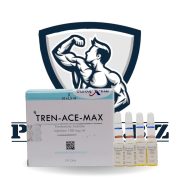 Tren-Ace-Max vial Maxtreme
Tren-Ace-Max vial Maxtreme 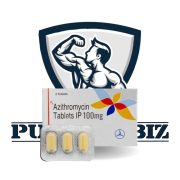 Azab 100 Parth
Azab 100 Parth 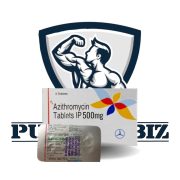 Azab 500 Parth
Azab 500 Parth 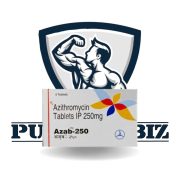 Azab 250 Parth
Azab 250 Parth